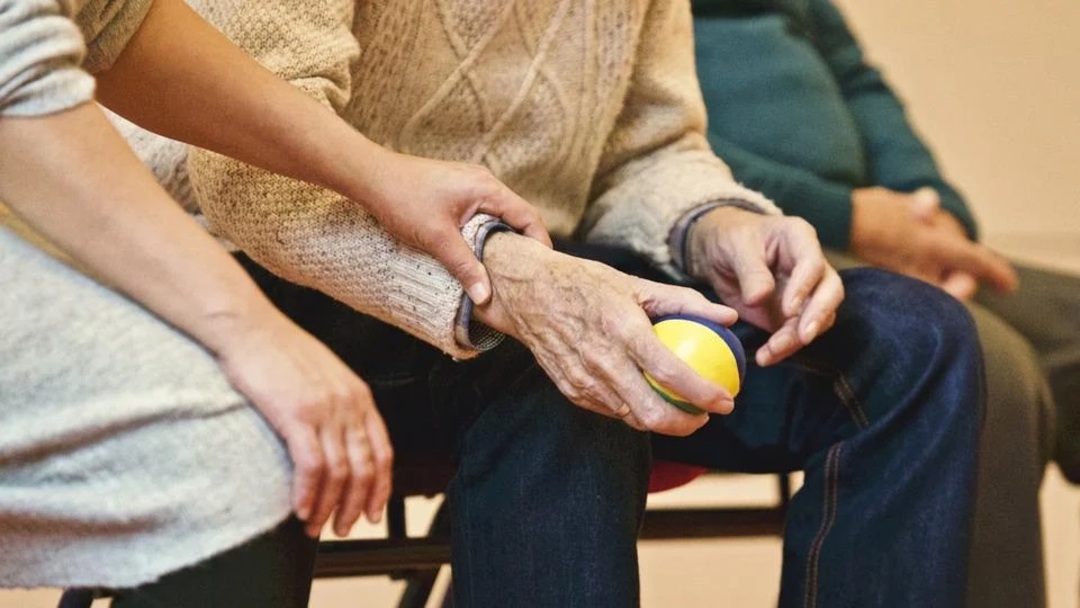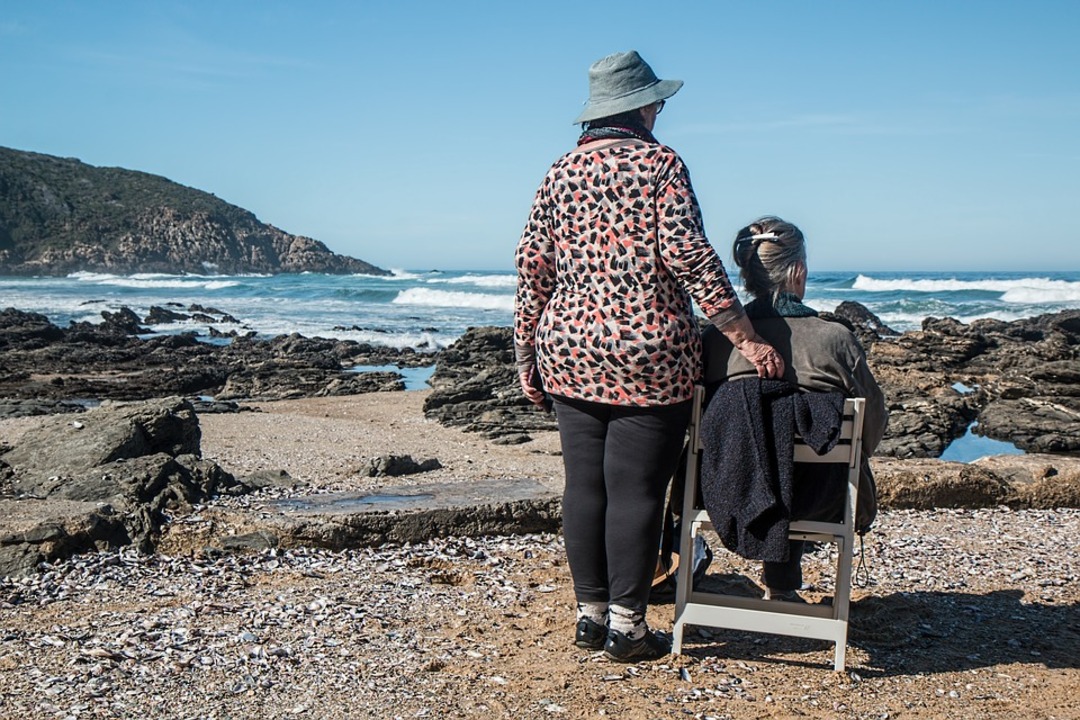-
Aussie researcher finds strong link between older people's poor balance, overall health

The Xinhua reported that an international research team, including one of Australia's geriatricians, has found a disconcerting connection between older people's poor sense of balance and their likelihood to die prematurely.
University of Sydney Professor Maria Fiatarone Singh said the research, published online in the British Journal of Sports Medicine on Wednesday, examined data of more than 1,700 people aged from early 50s to 75 and their ability to stand on one leg for 10 seconds.
According to the Xinhua, the study, which spanned about 12 years, found that those who failed the 10-second tests had an 84-percent heightened risk of death from any cause within the next decade compared to those who could hold their balance.

Fiatarone Singh told Xinhua on Thursday (June 23) that the observational study did not explain the reason behind the "surprisingly high" correlation between balance and mortality but rather appeared to be a warning of an inherent weakness.
In general, those who failed the balance test were more prone to suffer from ailments such as obesity, heart disease and high blood pressure, and were three times likelier to have type 2 diabetes.
Study: Life expectancy in U.S. varies among racial, ethnic groups
Fiatarone Singh said: "The next stage of the research would be to find out the whys; for example, the connection between poor balance and neurological, cognitive or muscular degeneration."
"Loss of muscle mass, for instance, is common among older people, so that could affect their ability to balance."
Further studies could also look at potentially influential factors including a recent history of falls, physical activity levels, diet, smoking and the use of drugs.
Study: Global wealth reached record high in 2021 despite Covid pandemic
The researchers said the study indicated there was a need for simple and safe balance tests to become a routine part of older people's health checks.
The good news, Fiatarone Singh said, is that balancing is a skill that is very trainable, which means people can improve by incorporating simple exercises into their daily routines.
She said: "I regularly stand on one leg for 10 seconds or so when I'm lecturing or perhaps standing at the kitchen sink."
Study: Air pollution cuts life expectancy by more than two years
"I would recommend people try regularly doing it. And then while doing so, try some sort of cognitive exercise as well. For instance, count backwards from 100 going down by sevens ... so 93, 86 and so on."
"It gets the brain working and builds your ability to balance -- those things are really important as we get older."
Source: xinhua
You May Also Like
Popular Posts
Caricature
BENEFIT Sponsors BuildHer...
- April 23, 2025
BENEFIT, the Kingdom’s innovator and leading company in Fintech and electronic financial transactions service, has sponsored the BuildHer CityHack 2025 Hackathon, a two-day event spearheaded by the College of Engineering and Technology at the Royal University for Women (RUW).
Aimed at secondary school students, the event brought together a distinguished group of academic professionals and technology experts to mentor and inspire young participants.
More than 100 high school students from across the Kingdom of Bahrain took part in the hackathon, which featured an intensive programme of training workshops and hands-on sessions. These activities were tailored to enhance participants’ critical thinking, collaborative problem-solving, and team-building capabilities, while also encouraging the development of practical and sustainable solutions to contemporary challenges using modern technological tools.
BENEFIT’s Chief Executive Mr. Abdulwahed AlJanahi, commented: “Our support for this educational hackathon reflects our long-term strategic vision to nurture the talents of emerging national youth and empower the next generation of accomplished female leaders in technology. By fostering creativity and innovation, we aim to contribute meaningfully to Bahrain’s comprehensive development goals and align with the aspirations outlined in the Kingdom’s Vision 2030—an ambition in which BENEFIT plays a central role.”
Professor Riyadh Yousif Hamzah, President of the Royal University for Women, commented: “This initiative reflects our commitment to advancing women in STEM fields. We're cultivating a generation of creative, solution-driven female leaders who will drive national development. Our partnership with BENEFIT exemplifies the powerful synergy between academia and private sector in supporting educational innovation.”
Hanan Abdulla Hasan, Senior Manager, PR & Communication at BENEFIT, said: “We are honoured to collaborate with RUW in supporting this remarkable technology-focused event. It highlights our commitment to social responsibility, and our ongoing efforts to enhance the digital and innovation capabilities of young Bahraini women and foster their ability to harness technological tools in the service of a smarter, more sustainable future.”
For his part, Dr. Humam ElAgha, Acting Dean of the College of Engineering and Technology at the University, said: “BuildHer CityHack 2025 embodies our hands-on approach to education. By tackling real-world problems through creative thinking and sustainable solutions, we're preparing women to thrive in the knowledge economy – a cornerstone of the University's vision.”
opinion
Report
ads
Newsletter
Subscribe to our mailing list to get the new updates!






















